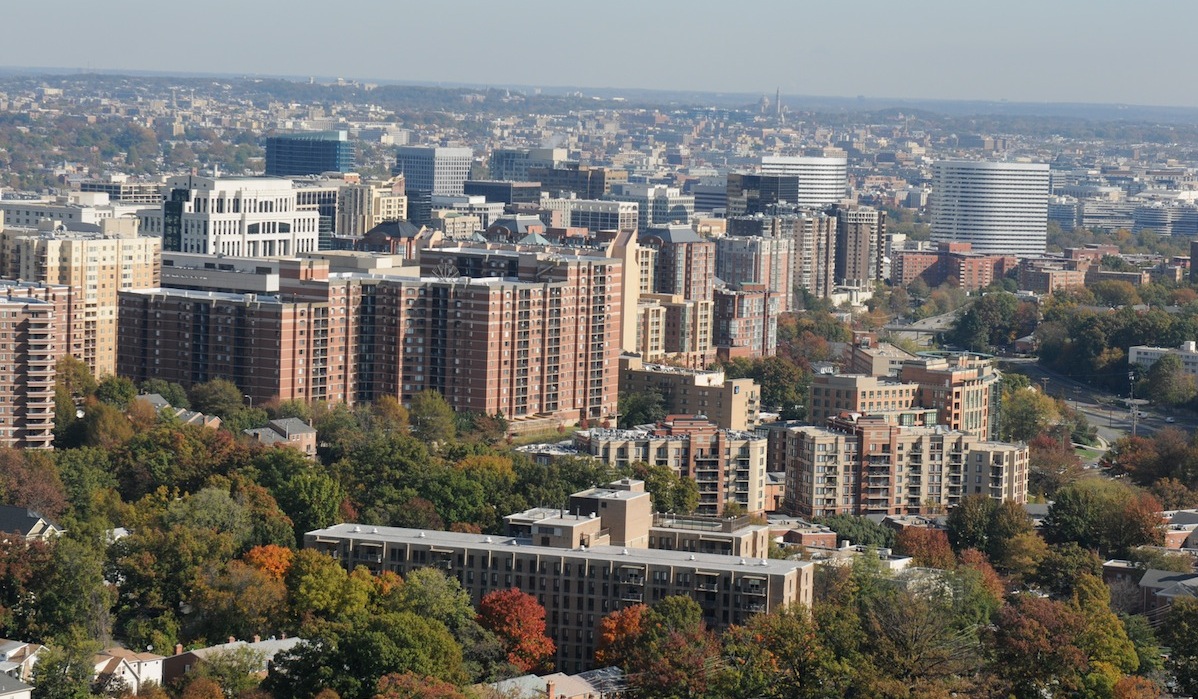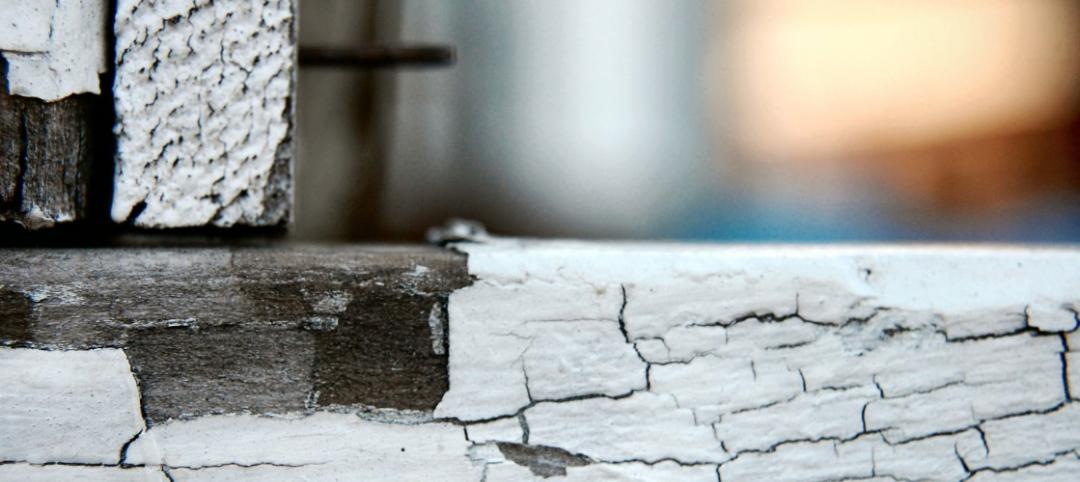Virginia has edged out Florida as the state with the most stringent hurricane building codes, according to the Institute for Business and Home Safety’s “2015 Rating the States” report.
Florida, which overhauled its building codes after Hurricane Andrew in 1992, slipped to the second spot. Most states with strong building code systems in place at the time of IBHS’s first report in 2012 remain committed to building safety, the organization says.
Most of these states have updated their codes to the latest model code editions, or are in the process of doing so, and maintained effective enforcement systems.
Some states, however, took no action to improve their codes, and a few have weaker systems in place now than in 2012, IBHS says. The study assesses the progress of 18 hurricane-prone coastal states along the Gulf of Mexico and the Atlantic Coast.
Another study done by IBHS, the University of Florida and the FEMA Mitigation Assessment Team following Hurricane Charley, which struck Florida in 2004, found that modern building codes reduced the cost of insurance losses by 42% and the number of insured losses by 60%.
Related Stories
| Mar 27, 2013
Open discussion of regulations on tap at AGC’s 2013 Federal Contractors Conference
The AGC Federal Contractors Conference provides a venue for contractors and federal agency personnel to meet in a collaborative forum to review federal construction contracting issues from around the United States.
| Mar 27, 2013
New BACnet standard offers significant improvements to alarm handling
Changes to the newly published BACnet standard from ASHRAE will encourage smart building automation controls systems including alarms.
| Mar 27, 2013
CEIR releases tool that measures energy, environmental benefits of roof systems
The Center for Environmental Innovation in Roofing (CEIR) released its new RoofPoint Energy and Carbon Calculator that is designed to help roofing professionals measure the energy and environmental benefits of modern roof system technologies.
| Mar 27, 2013
Sustainable wood controversy leads to LEED ‘backlash bill’ in Florida House
A Florida House bill that says state agencies should decide on a project-by-project basis which green certification standards are used on state construction passed a subcommittee vote 12-1.
| Mar 19, 2013
Colorado Zero Energy District project shows how businesses can reach zero-energy standard
An ambitious experiment in Fort Collins, Colo., is supporting development of the nation’s first major urban zero-energy district.
| Mar 19, 2013
New LEED for Neighborhood Development and Historic Preservation guide released
A new guidance manual, LEED for Neighborhood Development and Historic Preservation, outlines strategies geared towards helping building teams incorporate historic resources into their developments.
| Mar 19, 2013
Senate bill would reform EPA’s lead renovation, repair, and painting rules
A bill to reform the EPA’s Lead Renovation, Repair, and Painting Rule (LRRP) was recently introduced in the U.S. Senate.
| Mar 19, 2013
Boston mayor’s energy efficiency disclosure rule under fire
A proposed ordinance in Boston mandating energy audits is coming under criticism from the Greater Boston Real Estate Board and others as being too costly and intrusive.
| Mar 18, 2013
USGBC to GAO: 'Schools need over $271 billion in maintenance fixes'
The Center for Green Schools at the U.S. Green Building Council (USGBC) has released its first “State of our Schools” report, highlighting the critical need to modernize school facilities to meet current health, safety and educational standards.
| Mar 14, 2013
Survey: Market demand now key driver for green construction
Construction firms across the world expect 60% of their projects to be environmentally friendly by 2015, according to the SmartMarket Report of McGraw-Hill Construction.













